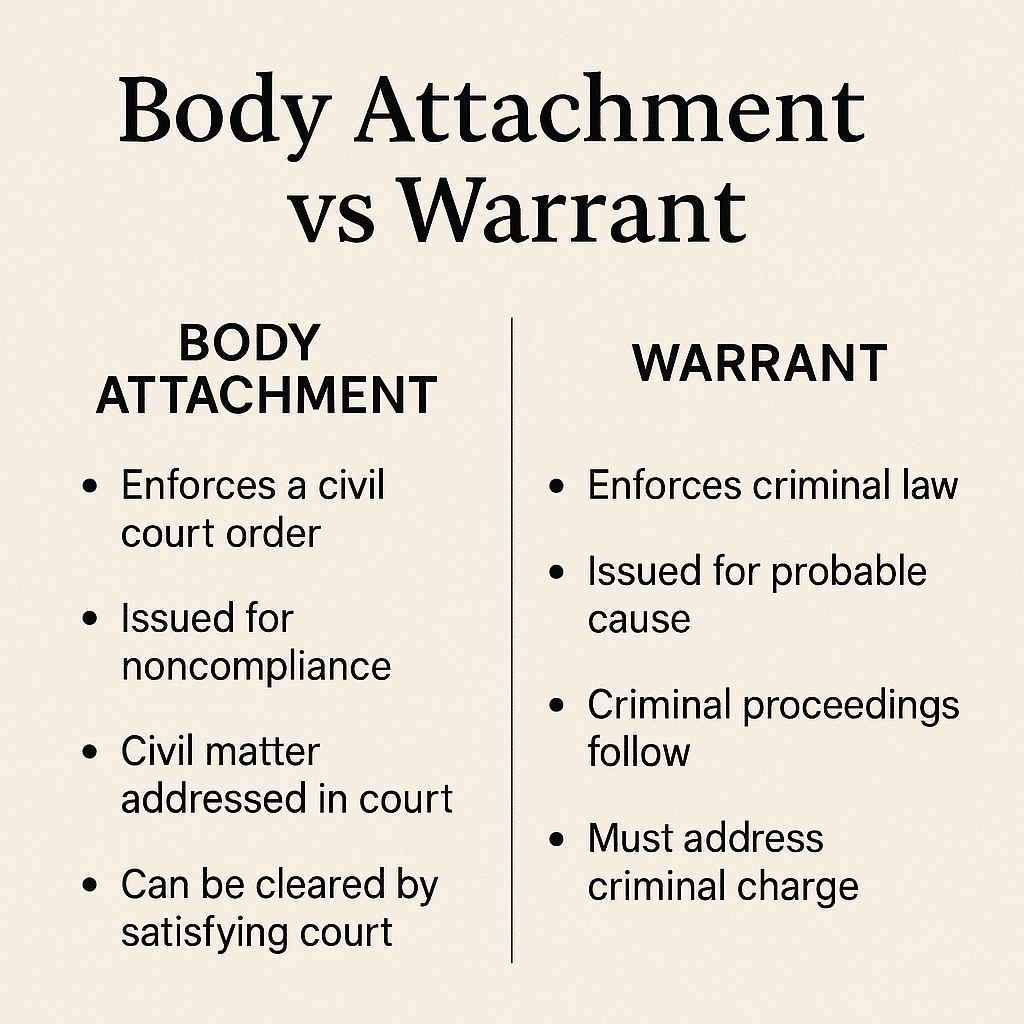If you’re driving in Southern Maryland — whether in Prince George’s, Charles, Calvert, or St. Mary’s County — you may wonder: can a cop from another county pull you over? The short answer is: sometimes. But the full picture under Maryland law is more complicated, and understanding it can protect your rights if you’re everRead More
Legal terms
Inventory Search in Maryland: What It Means and When Police Can Use It
When your vehicle is impounded and a police officer conducts an inventory search, it’s important to understand what that means for your rights—especially if you’re facing criminal charges in Maryland. In this article, we’ll explain what an inventory search is, when it can be lawfully conducted, what the requirements are under Maryland law and federalRead More
What Implied Consent Means in DUI Law
When people hear the term “implied consent” after a DUI arrest, they often don’t realize how serious it is. In Maryland and across the United States, implied consent means that by choosing to drive on public roads, you have already agreed—whether you said it or not—to take a chemical test if a law enforcement officerRead More
What Unsecured Bail Means and How It Affects Your Case
If you’ve been arrested in Maryland and are being evaluated for unsecured bail, understanding what that means can make a big difference in your case. At Southern Maryland Criminal Defense, we regularly help clients in Prince George’s, Charles, Calvert, and St. Mary’s Counties navigate bail hearings and pretrial release options. Here’s what you need toRead More
Body Attachment vs Warrant — What Southern Maryland Residents Need to Know
If you’re facing a legal order in Maryland, it matters whether you are dealing with a body attachment vs warrant. Understanding the difference can make a crucial difference in how you respond. At Southern Maryland Criminal Defense, we help clients throughout Prince George’s, Charles, Calvert, and St. Mary’s Counties navigate these situations so their rightsRead More





